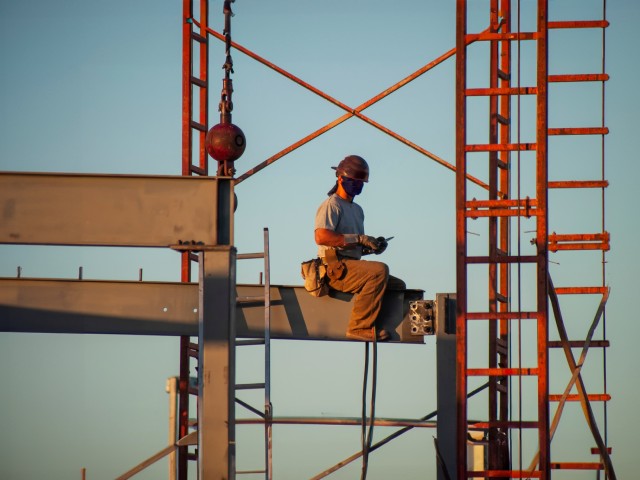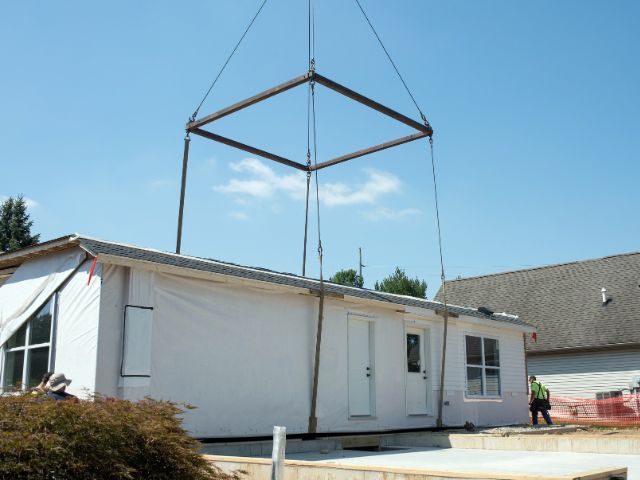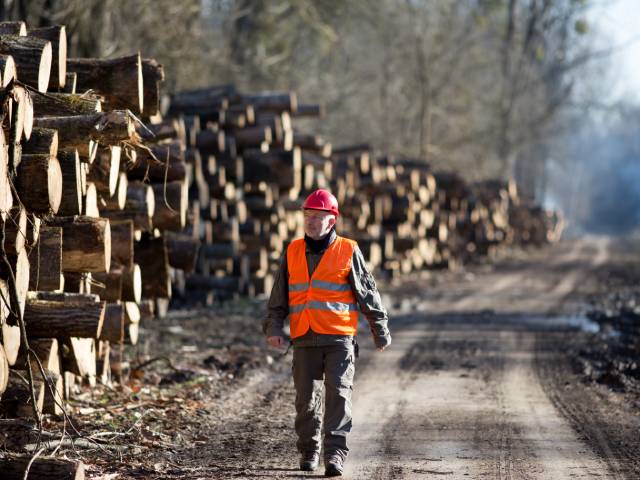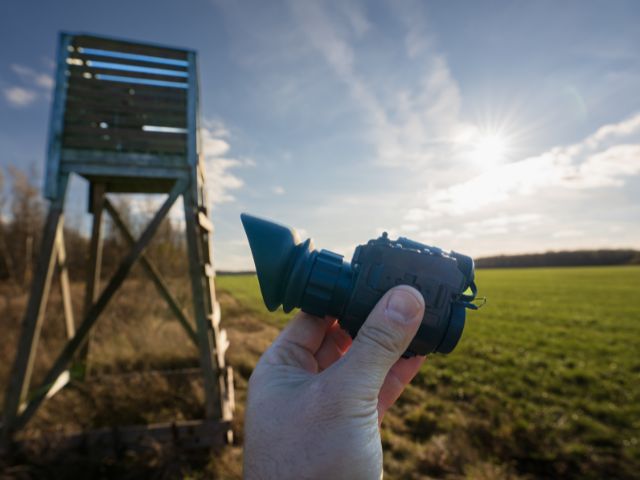
Imagine starting your workday with the heavy machinery whirring around you, knowing that a single misstep could mean disaster. For construction workers and utility maintenance crews, safety is paramount, especially when working around manholes.
These seemingly mundane structures can pose significant risks if not approached with caution. From understanding the inherent risks to implementing rigorous safety measures, we’ll cover everything you need to know. Browse our must-know tips for safely working around manholes to ensure a responsible, rewarding job.
Safety should never be an afterthought when working around manholes. Confined spaces within manholes present their own unique set of challenges.
Limited ventilation can lead to a buildup of toxic gases, creating an unsafe environment. Workers might experience difficulties in breathing or face the risk of asphyxiation. Manholes are frequently damp and dark, making it challenging to monitor air quality or recognize dangerous situations.
One of the first steps to ensuring a safe work environment is having proper signage. Clear, visible signs should indicate the presence of manholes, warning workers and passersby alike. You should place these signs well before the actual site to give ample warning.
Bringing personal protective equipment (PPE) is another crucial tip for safely working around manholes. Workers should always wear helmets, gloves, and high-visibility vests. Depending on the task, additional PPE, such as harnesses, gas detectors, or respirators, might be necessary. Ensuring that all equipment is in good condition can make a significant difference in safety.
Safe work practices are essential for minimizing risks. Always make sure that manhole covers are securely fastened before beginning any work. When you need to open a manhole, use proper lifting techniques and tools to avoid strain or injury. You can easily find high-quality manhole cover lifters and other essential gear online, so don’t start a job without the right hardware.
Plus, you should never assume that a manhole is safe to enter. Always test the atmosphere with appropriate gas monitoring equipment.
Safety isn’t just about equipment and protocols; it’s about creating a culture of vigilance and continuous learning. Ongoing safety training is essential to keep workers updated on the latest safety practices and technologies.
Promoting a culture of safety within the workplace goes beyond scheduled training sessions. Encourage workers to share their experiences and insights about potential hazards.
Open lines of communication can make it easier to identify risks before they become serious issues. Make it clear that safety is a collective responsibility and that every worker plays a vital role in maintaining a secure work environment.
Raising awareness about the importance of safety can have a lasting impact. Posters, newsletters, and meetings focused on safety topics can keep the conversation going.
When workers understand the risks and know how to mitigate them, they’re more likely to take proactive steps to protect themselves and their colleagues. Your safety and the safety of your team is in your hands.
Don’t wait for an accident to be the wake-up call—take proactive steps today. Implement stringent safety measures, invest in comprehensive training, and promote a culture of vigilance.
24World Media does not take any responsibility of the information you see on this page. The content this page contains is from independent third-party content provider. If you have any concerns regarding the content, please free to write us here: contact@24worldmedia.com
Latest Posts

Why Stainless Steel Products Are Used in the Medical Field

How Industrial Facilities Can Reduce Energy Consumption

5 Mistakes That Supplement Companies Should Avoid

How To Extend the Life of Your Concrete Floors

4 Tips To Help Your Employees Be More Productive

The Threats Beehives Face When Improperly Moved

Building Up: The Daily Life of an Ironworker

Interesting Facts About Prefab Home Construction

Boat Battery Maintenance Tips and Tricks

Important Tips for Pursuing a Career in the Logging Industry

4 Mistakes To Avoid in Hazardous Materials Storage

The Benefits of Night Vision When Hunting